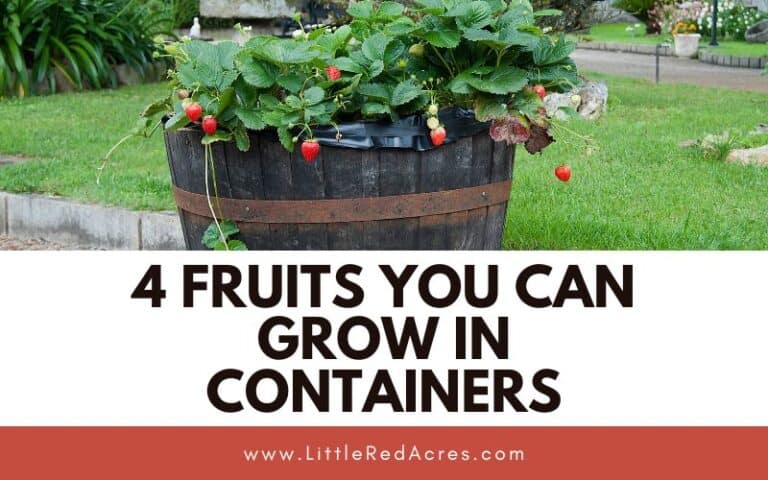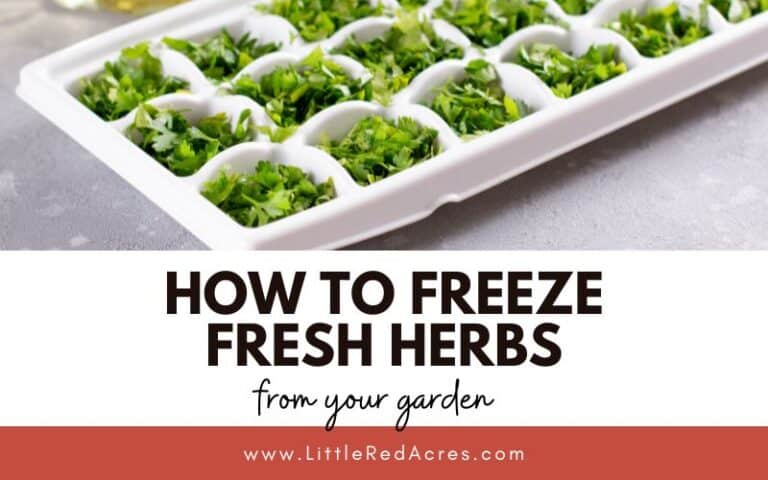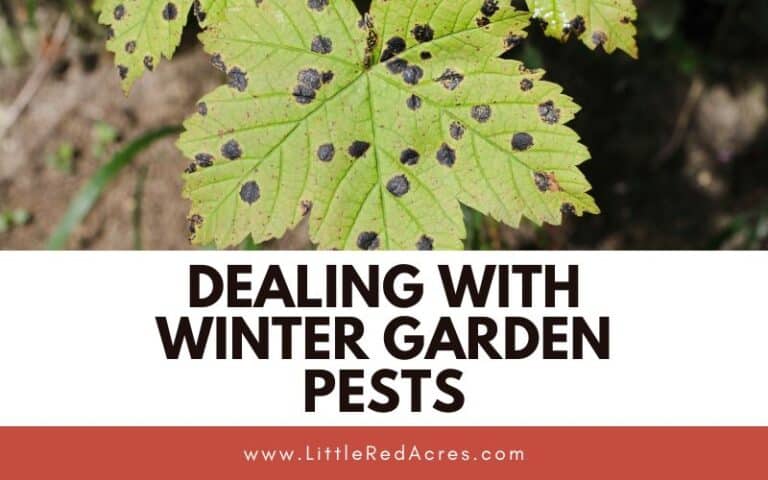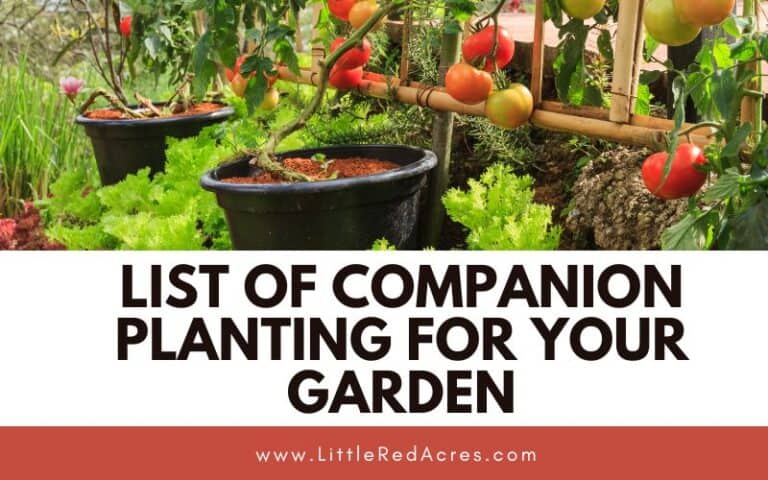Winter Garden Care: Tips for Maintaining Your Garden During the Winter
Inside: Master winter garden care with our essential tips. Keep your garden thriving during colder months with expert advice.
Winter garden care is an essential aspect of maintaining a healthy garden throughout the year. As the temperature drops and the days become shorter, it's important to adjust your gardening routine accordingly. With proper care, you can ensure that your garden thrives even during the coldest months of the year.
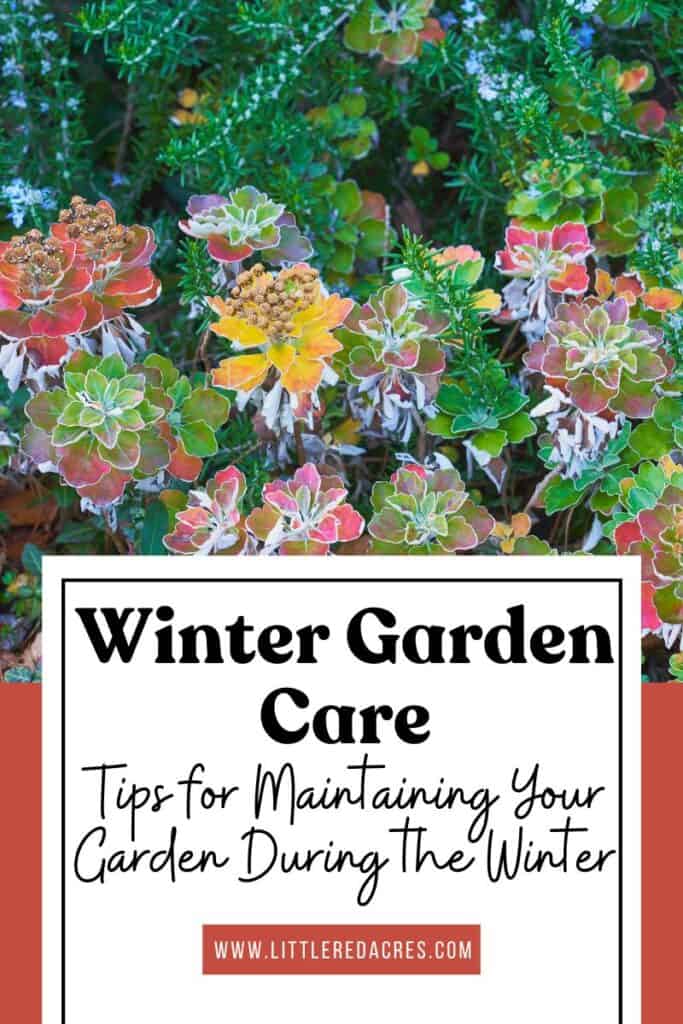
This post may contain affiliate links, see my disclosure policy for more information.
Winter Garden Care: Tips for Maintaining Your Garden During the Winter
One of the most important aspects of winter garden care is protecting your plants from frost and freezing temperatures. This can be achieved through a variety of methods, including covering plants with blankets or tarps, using frost cloths, or even bringing potted plants indoors.
It's important to ensure that your plants are well-watered and well-fed, as healthy plants are better able to withstand the cold.
Another important aspect of winter garden care is pruning and trimming. By removing dead or damaged branches and leaves, you can help prevent the spread of disease and promote healthy growth. It's also a good idea to clear away any debris or fallen leaves, as these can harbor pests and diseases.
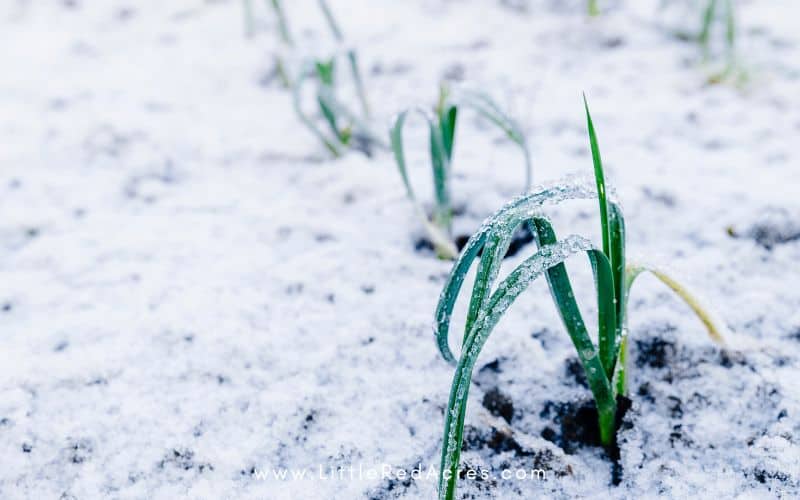
Winter Plant Care
Winter can be a challenging time for gardeners, but with proper care, your plants can thrive even in the coldest months.
Here are some tips for winter plant care:
Watering in Winter
Watering in winter can be tricky because plants don't need as much water as they do in the summer. Overwatering can lead to root rot, so it's important to be careful.
Here are some tips for watering in winter:
- Water less frequently: In the winter, plants don't need as much water as they do in the summer. Water only when the soil is dry to the touch.
- Water during the day: Watering during the day allows the soil to dry out before nightfall, which can help prevent root rot.
- Use warm water: Cold water can shock plants, so it's best to use warm water when watering in the winter.
Dealing with Frost and Snow
Protecting Plants from Frost
Frost can be a serious threat to many plants during the winter season. When temperatures drop below freezing, plant cells can burst, causing significant damage.
To protect your plants from frost, here are a few tips:
- Cover plants with blankets or tarps to help insulate them from the cold.
- Water plants before a frost event, as moist soil can help retain heat better than dry soil.
- Use mulch to help insulate the soil and protect plant roots from the cold.
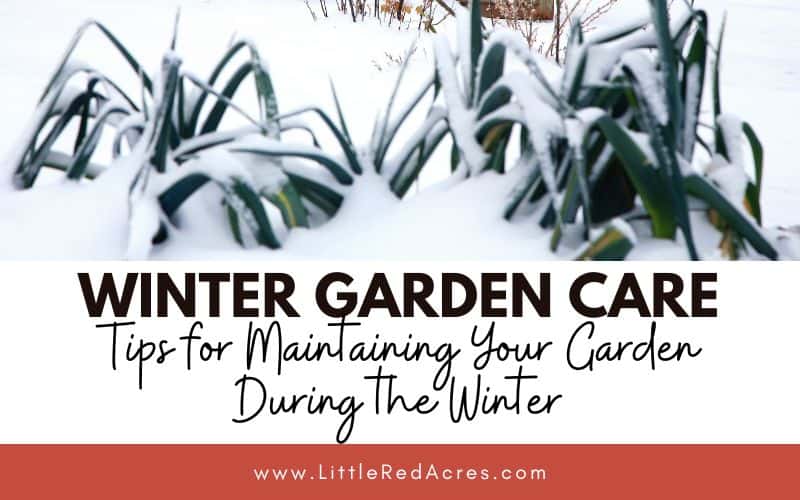
Dealing with Snowfall
Snow can be a beautiful sight, but it can also cause problems for gardeners. Heavy snow can break branches and even uproot entire plants.
Here are a few tips for dealing with snowfall:
- Brush snow off of plants gently with a broom or soft brush to prevent damage.
- If a plant is bent over from the weight of snow, gently lift it back into place and stake it for support.
- Avoid walking on snow-covered garden beds, as this can compact the soil and damage plant roots.
Remember to check your plants regularly during the winter season, and take action if you notice any signs of damage or stress. With a little care and attention, your garden can thrive even during the coldest months of the year.
Frequently Asked Questions
What do you put in a winter garden? You can sow seeds for winter vegetable crops, like salad greens, radishes, carrots, onions, Swiss chard, English peas, and kale.
Should I cover my winter garden? Plant a cover crop or add mulch. Most soil should not be left uncovered. Keeping the soil covered is key to soil health.
Do greenhouses work in Canadian winter? Greenhouses are warm and humid, enhancing the medium you are planting in by sustaining a longer life and ensuring that your crops are healthy.

Want More?
Surviving the Chill: Hardy Winter Plants That Thrive
How to Strategically Plan Your Winter Garden
How & When to Plant A Winter Garden

